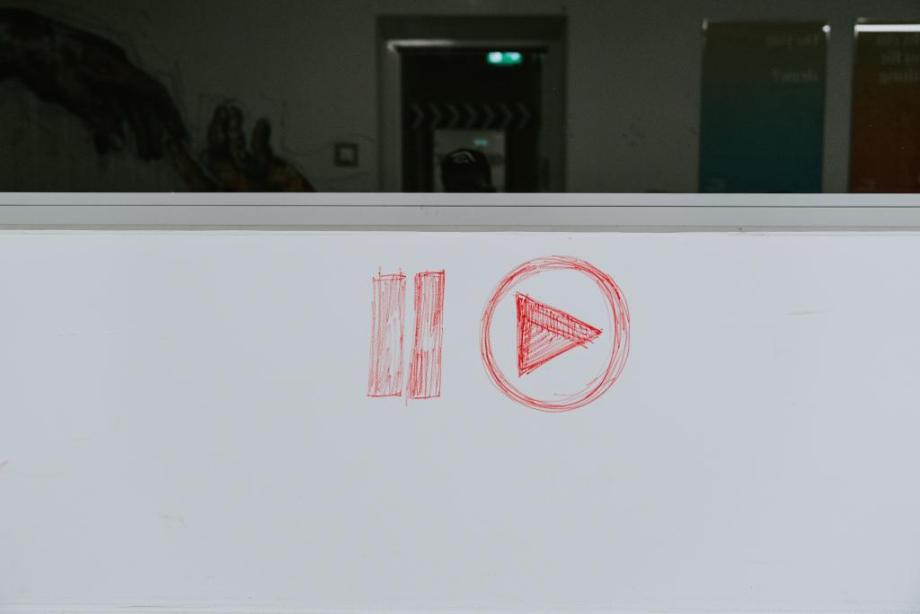Twist Consultants writes... I was working with a team, facing the challenge of delivering a long-term, high-profile, multi-million pound change programme. Obviously, their focus was on getting everything set up and ready to go at the deadline date. But, the danger in any change process like this, is focusing everyone’s energy on that outcome, and forgetting the things that can make it a rewarding experience for everyone throughout the whole journey; this can help to build resilience and wellbeing and make sure that all issues are considered on the way.
Ideally, it’s about making sure that, at the end of the process, everyone is in a strong position (if not stronger) than when they started.
One important approach to achieving this in times of change, is to build in recovery time whether it’s our personal or work lives. This is a space where we can regroup, think and potentially take another path to move forward.
For example, we might need to consider space for recovery as we move from a crisis situation into ‘business as usual’ – maybe your organisation or even members of your team have been affected by, or led a response to, a natural disaster like flooding or fires. Or it might be when we pass a significant milestone in a long-term change programme but need to keep everyone’s focus on successfully delivering the next milestone. Perhaps it crops up after the completion of a project – like delivering a big, high-profile conference, for example. In our personal lives, it might be a wedding or moving house.
Why does recovery time matter? And how do we make sure we have it, so we’re not just swept back into ‘business as usual’?
Why does recovery time matter?
I invite you to think about what it feels like when you focus on one thing for a specific period of time. What impact does it have? Here are a couple of examples…
- You may have been living, eating and breathing the planning and launch of a new system for months and now you feel a bit deflated that it’s successfully completed. What’s next? You will likely have sidelined other projects, which will now need to be picked back up. It can all feel just a bit flat.
- If you’ve been leading or part of a response to a crisis – think of those natural disasters like fires or floods - there will have been an impact on you and the people around you, perhaps even materially on people’s lives. It will definitely have challenged how you think and react. It may also have had an impact on how your organisation is perceived.
On large projects and programmes as well as in the aftermath of a crisis, there is often space for ‘lessons learned’ – a process that explores what worked well, what didn’t work so well and what you could do differently next time. It’s definitely a time for reflection and can be considered as a form of recovery. But we need more than a final session that looks back. Instead, we need to make sure we have regular recovery points planned in and make the most of them to help people learn, regroup and keep moving forward.
Preparing for recovery
In a discussion with crisis communications expert, Amanda Coleman, I talked through the Four Rs I use to help organisations prepare effectively for recovery, which I apply to any sort of change, whether it’s a large transformation project or moving from a crisis situation to business as usual:
- Resource – plan for recovery, make recovery a line item in your project plan. Talk about it and especially before you begin. Depending on the context of the situation, recovery might look like days, weeks, months and years (think about people’s different recovery times from the effects of the pandemic – it’s taken years for some). Explore what this looks like for you and your teams and encourage discussion around it. For example, when I’ve led teams, I made a point of always planning in how we would create space to regroup regularly throughout the months spent delivering communications on high profile change programmes.
- Resilience – this is huge, especially when we consider situations from a healthy individual, team and organisation perspective. We can’t stay in crisis or high-performance mode all the time – we’ll burn out. We have an optimum pressure level and it’s different for each of us. Recognising that and making sure we consider it as part of planning, is key.
- Reflection - keep an eye on what’s happening both in yourself and your team, regroup, regularly checking in with people and keep plans and approaches dynamic. Keep talking. Keep reflecting. It’ll help you move forward, faster.
- Recognising - where each of us are in a particular phase or stage of a process. Staying aware is critical here. Don’t forget in the case of a crisis, that when the crisis is revisited (which it will be in the case of a high-profile case – think about how long it takes for the impacts of flooding to be resolved), then the ripple effect means people might experience some of those same feelings all over again.
Recovery is key in the long game of change and making sure it’s planned and there’s space for it regularly, is vital.
Would you like to include recovery in your change plans but you’re not sure where to start? Let’s chat.
You can watch my conversation with Amanda Coleman on recovery after crisis, here:
https://www.youtube.com/watch?v=54E_Ddr6UCo
Image: Claudio Schwarz Unsplash



